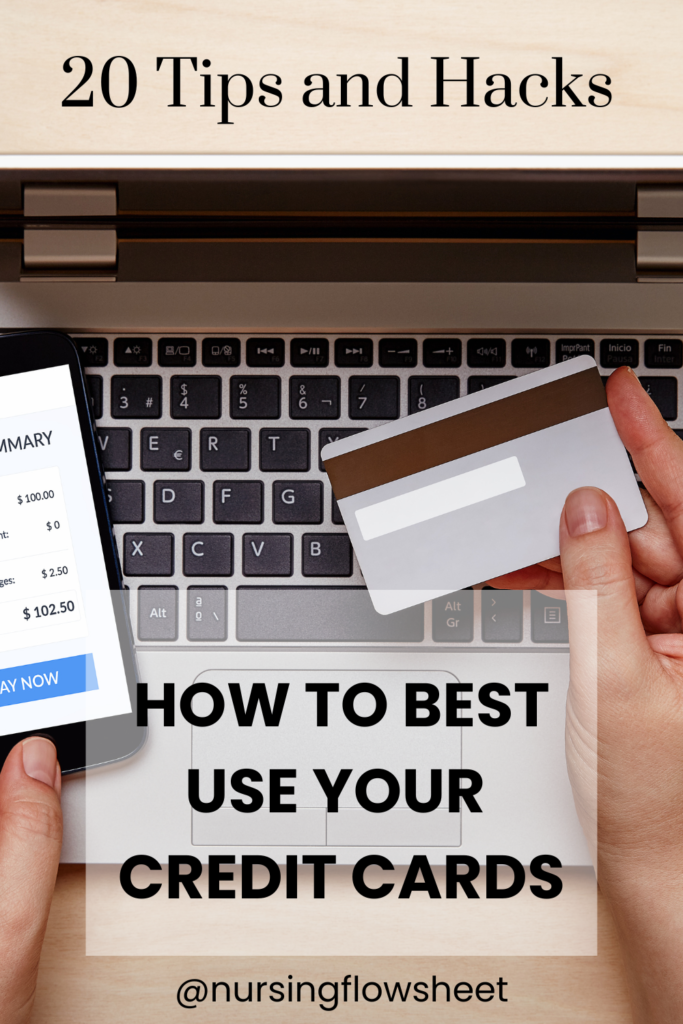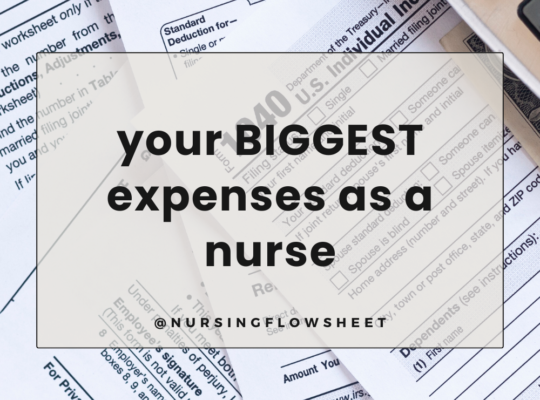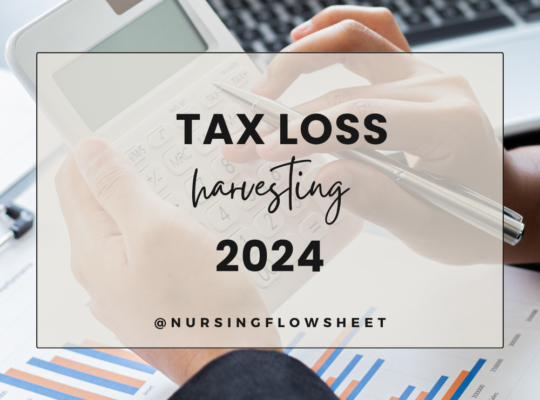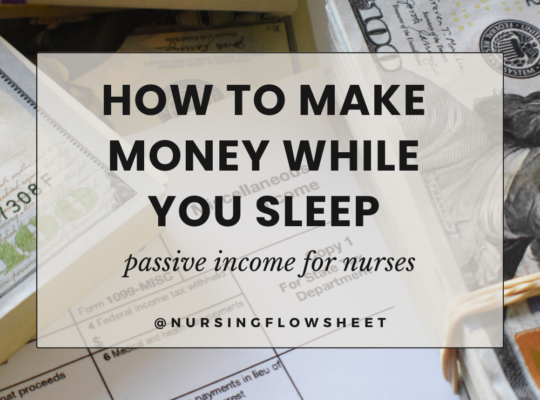My parents always use debit cards for ANY purchase so I have always thought credit cards are bad- but they are not your enemy!

Here are 20 tips and hacks so you can best use this amazing tool to manage your money better.
- Credit card utilization is the amount of credit you’re using divided by the amount of credit you have available. For example, if you have a credit limit of $10,000 and you’ve used $3,000, your credit utilization is 30%.
- It’s generally recommended to keep your credit utilization below 30%, as high utilization can negatively impact your credit score.
- One way to keep your credit utilization low is to make multiple payments per month, rather than just one payment at the end of the billing cycle.
- Another way to keep your credit utilization low is to increase your credit limit. This can be done by requesting a credit limit increase from your credit card issuer, or by applying for a new credit card.
- Credit card rewards can be a valuable tool for saving money, but it’s important to use them wisely. Make sure you’re not overspending just to earn rewards, and pay off your balance in full each month to avoid interest charges.
- Some credit cards offer bonus rewards for certain types of purchases, such as groceries, gas, or travel. Take advantage of these bonus categories to earn more rewards.
- Many credit cards offer sign-up bonuses, which can be a great way to earn a large number of rewards quickly. Just make sure you’re able to meet the spending requirements to qualify for the bonus.
- Some credit cards charge annual fees, while others don’t. Make sure you understand the benefits of a card before you apply, and weigh the cost of the annual fee against the rewards you’ll earn.
- Credit card fraud can be a serious problem, so it’s important to take steps to protect yourself. This includes monitoring your account regularly for unauthorized transactions, using strong passwords, and avoiding phishing scams.
- Many credit cards offer perks and benefits beyond just rewards. These can include travel insurance, purchase protection, extended warranties, and more. Make sure you understand what your card offers.
- Some credit cards offer 0% introductory APRs on purchases or balance transfers for a certain period of time. This can be a great way to save money on interest, but make sure you understand the terms and conditions.
- Balance transfers can be a useful tool for consolidating debt or paying off high-interest credit cards. Just make sure you understand the fees and interest rates associated with balance transfers.
- Late payments can have a significant negative impact on your credit score, so make sure you pay your bill on time each month.
- It’s important to monitor your credit score regularly, as it can impact your ability to get credit in the future. You can get a free credit report from each of the three major credit bureaus once per year.
- Closing a credit card can actually hurt your credit score, as it can increase your credit utilization and decrease your average account age. Consider keeping old cards open, even if you’re not using them.
- It’s important to read the fine print when applying for a credit card, as there may be hidden fees or restrictions that could impact your ability to use the card effectively.
- Some credit cards offer access to exclusive events or experiences, such as concerts or sporting events. Take advantage of these perks to get more value out of your card.
- Credit card issuers may offer hardship programs if you’re struggling to make payments due to financial hardship. Contact your issuer if you’re in this situation.
- Be cautious of credit card scams, such as offers for pre-approved credit cards or credit repair services. These are often too good to be true and can lead to fraud or identity theft.
- Finally, remember that credit cards are a tool, not a solution to financial problems. Use them wisely, pay off your balances in full each month, and don’t overspend just to earn rewards or bonuses.








